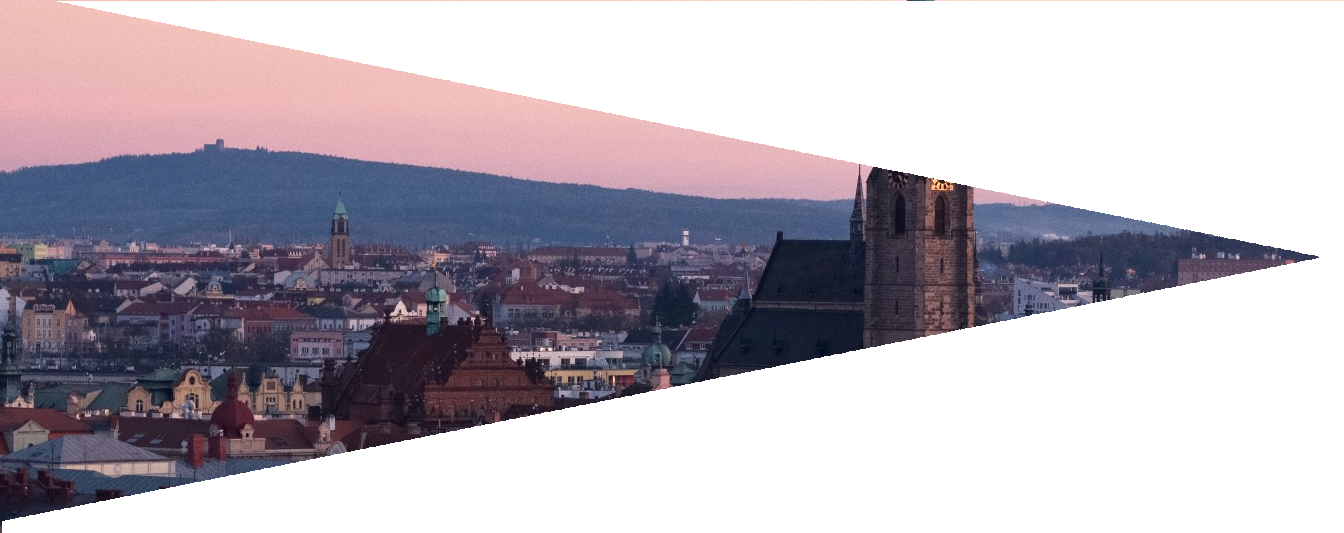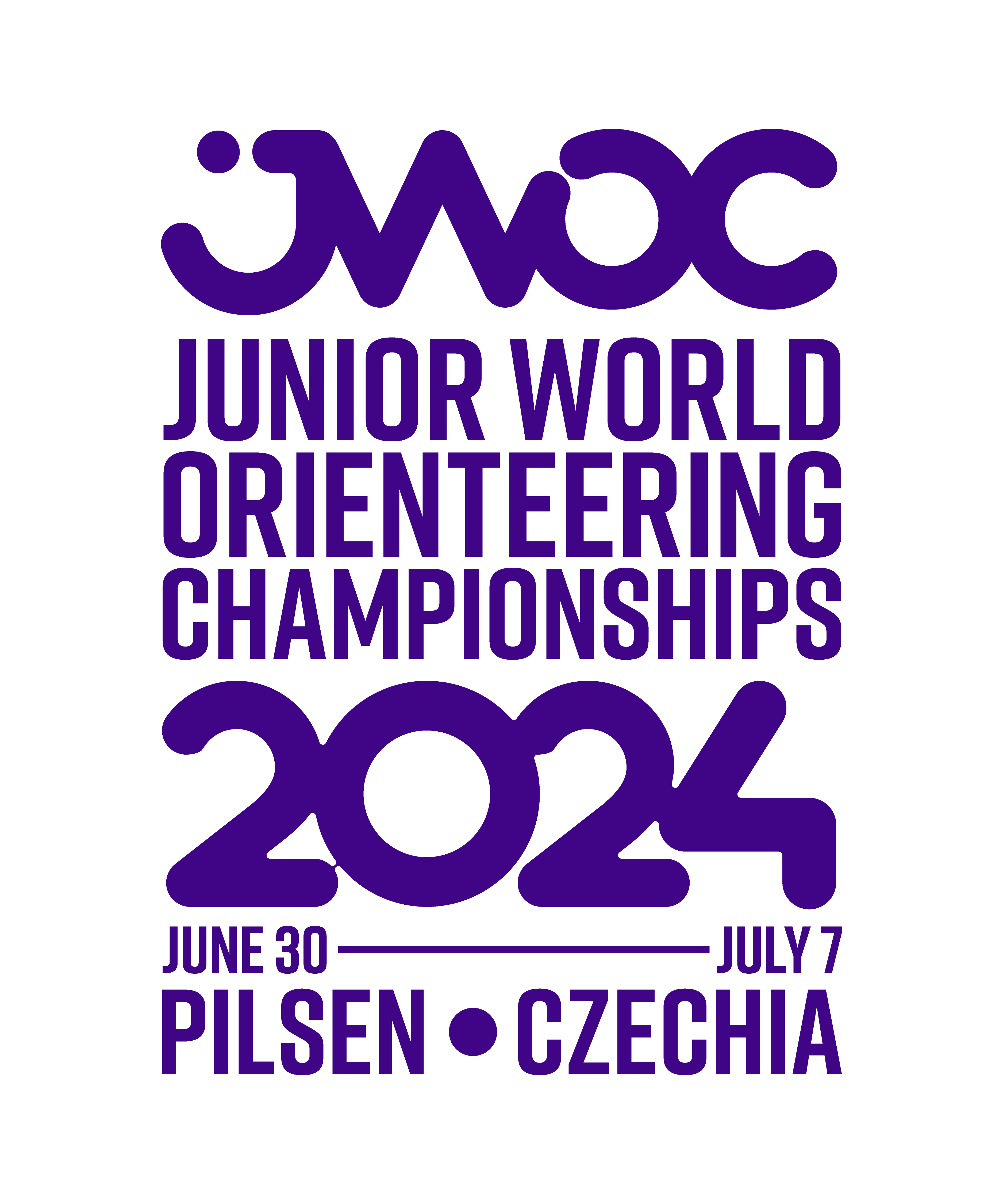Revisiting JWOC 2000 – Nové Město na Moravě
The year 2000 was marked by fears of a global computer crash due to the Y2K bug. None of that happened, and instead, the Junior World Orienteering Championships (JWOC) 2000, the first junior championship held in the Czech Republic, captured the attention of the international orienteering community.
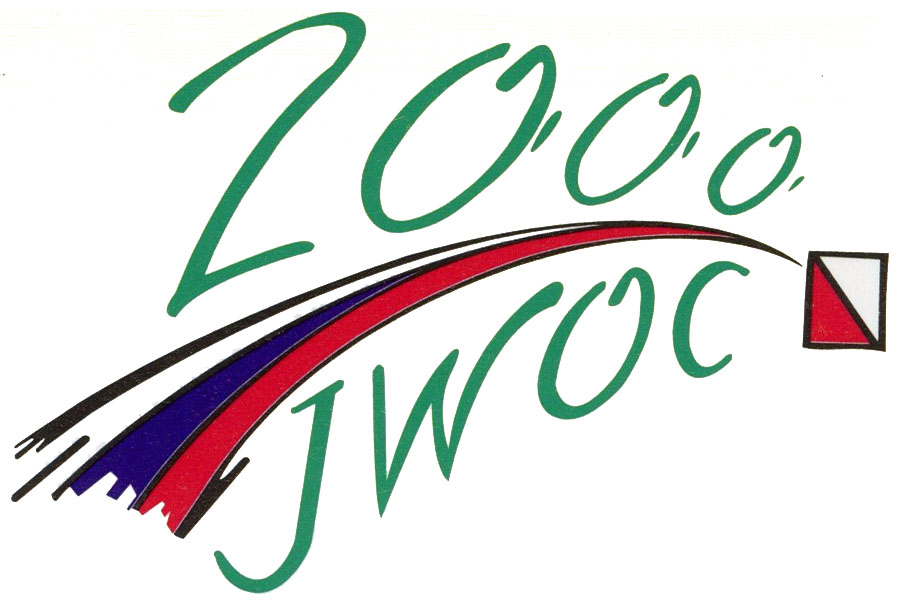
In orienteering terms, 2000 was a long time ago. However, it wasn’t the era of punching paper cards and team races with questions along the way—electronic punching was already in use. Despite this, the middle distance was called “short,” the long distance was “classic,” sprint was non-existent, and the current JWOC participants were not yet born.
The event center was in Milovy, near Nové Město na Moravě. The surrounding area featured pleasant highlands with altitudes between 600-700 meters above sea level. The terrain was rolling rather than steep and covered in deep forests, providing first-class conditions for all three competitions.
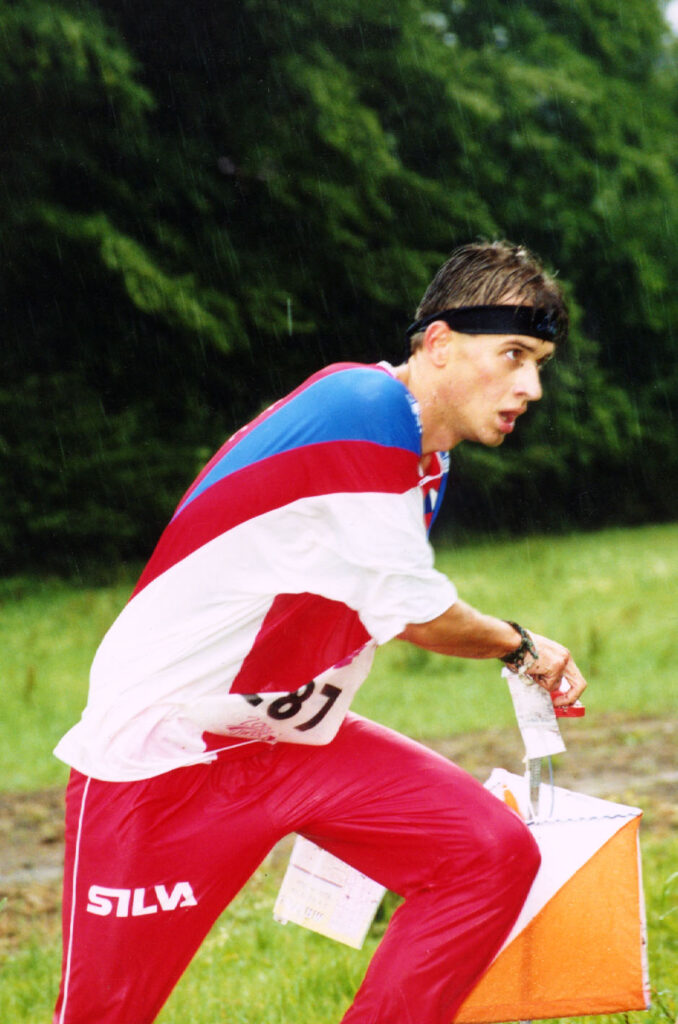
The long distance (“classic”) event took place near Zderaz. The race concept was similar to today’s standards, featuring a mix of steep terrain with rocks and crags, and demanding flat terrain with fewer prominent features. The home nation won two medals on the first day: Jiří Kazda took first place, and Jaromír Švihovský came in third. Pasi Ikonen from Finland claimed the silver medal. In the women’s category, the title went to Tatjana Pereljaveva from Russia, followed by Marianne Riddervold (NOR) and Natalia Potopalskaja (UKR).
The middle distance (“short”) event was located near the artificial lake Medlov, which had been drained, creating an eerie backdrop. The main challenge was navigating through a complex array of vegetation and water features. It was largely a downhill race, and the high speed contributed to mistakes in difficult, low-visibility terrain. The Czech men excelled, sweeping the podium: Michal Smola took first place, Zbyněk Hora second, and Jaromír Švihovský third. In the women’s category, the Scandinavian-like terrain favored Camilla Berglund (SWE) in first place, Maria Bergkvist (SWE) in second, and Minna Kauppi (FIN) in third.
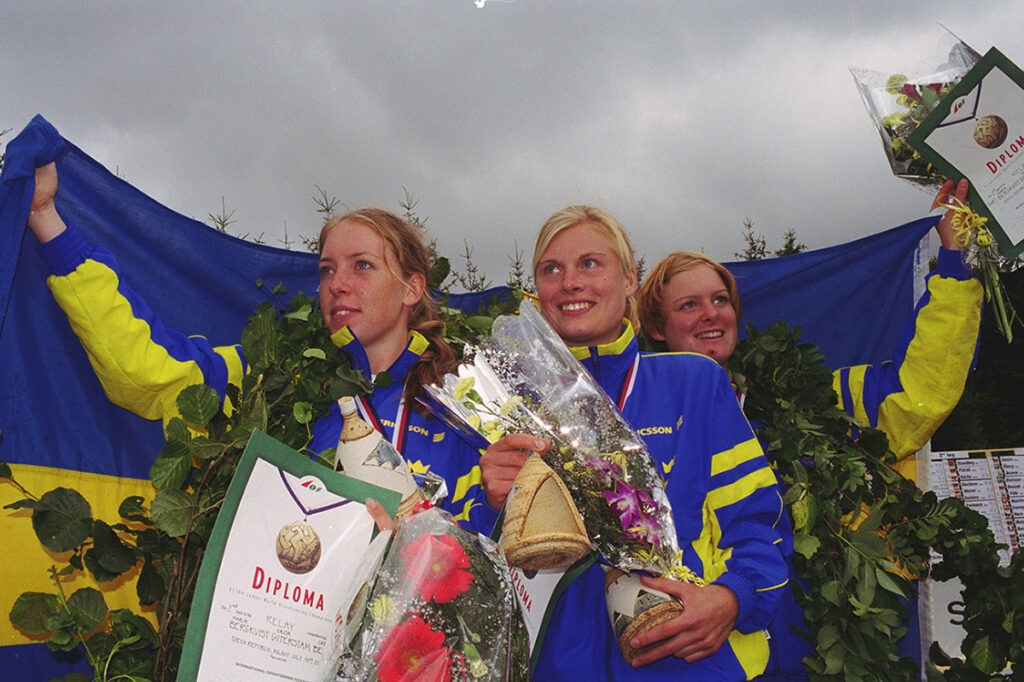
The relays took place in an arena next to Hotel Ski in Nové Město na Moravě, a location now famous for hosting biathlon World Cups and World Championships. Competitors raced in the same forest where today’s biathlon loops are located. The terrain was hilly and physically demanding. The Czech men’s team (Kazda, Švihovský, Smola) was unstoppable, winning ahead of Sweden (Öhlund, Andersson, Öberg) and Finland (Saarinen, Lindeqvist, Ikonen). In the women’s category, Russia (Sedina, Belova, Pereljajeva) claimed victory, followed by Sweden (Bergkvist, Guterstam, Berglund) and Finland (Forsström, Rantala, Kauppio).
Many of the medalists went on to have stellar orienteering careers. Michal Smola had a successful national team career and won a silver medal in the middle distance at the World Championships. Pasi Ikonen became the world champion in the middle distance the following year. David Andersson and Peter Öberg also won several medals at senior World Championships. Minna Kauppio became a legend with sixteen World Championships medals.
JWOC 2000, the first held in the Czech Republic, served as a launching pad for many highly successful careers. Who will rise to stardom this year remains to be seen.
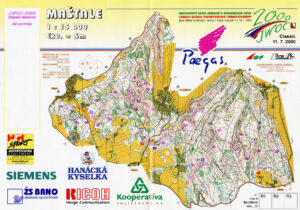
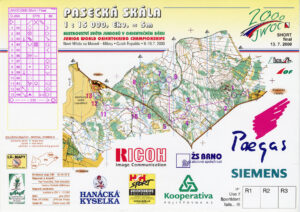
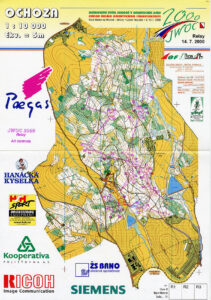
Photo: Kamil Arnošt, Maps: Zlín Orienteering Museum archive
